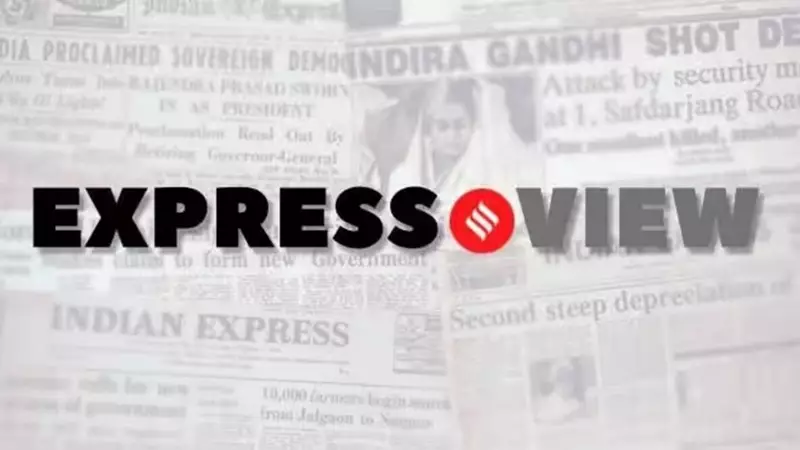
As winter descends upon the national capital, Delhi finds itself trapped in a familiar, toxic embrace. The annual spectacle of blaming firecrackers for the city's pollution crisis has begun, but this narrow focus risks missing the forest for the trees.
The Seasonal Blame Game
Every year, as Diwali festivities conclude and AQI levels plummet to hazardous levels, authorities quickly point fingers at firecrackers. While the immediate post-festival spike is undeniable, this seasonal outrage often overshadows the chronic, year-round sources of pollution that keep Delhi gasping for breath.
Beyond the Smoke and Mirrors
The real culprits behind Delhi's persistent air quality crisis are more complex and require sustained attention:
- Vehicular emissions continue to be a major contributor, with Delhi's roads witnessing ever-increasing traffic density
- Industrial pollution from both within the city and surrounding areas adds to the toxic mix
- Construction dust from the city's relentless infrastructure development
- Stubble burning in neighboring states remains a significant seasonal factor
The Need for Comprehensive Solutions
Targeting firecrackers alone is like applying a band-aid to a bleeding artery. What Delhi needs is a multi-pronged, year-round strategy that addresses all pollution sources simultaneously. This requires:
- Policy consistency beyond seasonal reactions
- Inter-state coordination to tackle regional pollution sources
- Investment in public transportation to reduce vehicular load
- Technological solutions for cleaner industrial processes
- Farmer support systems to eliminate stubble burning
A Collective Responsibility
Solving Delhi's pollution crisis cannot be left to authorities alone. It requires active participation from citizens, industries, and neighboring states. From adopting cleaner commuting options to supporting sustainable practices, every stakeholder has a role to play.
The time for seasonal tokenism is over. Delhi needs a comprehensive, scientifically-backed action plan that addresses pollution at its roots rather than merely treating symptoms. Only then can the city's residents hope to breathe easy, not just during specific festivals but throughout the year.





